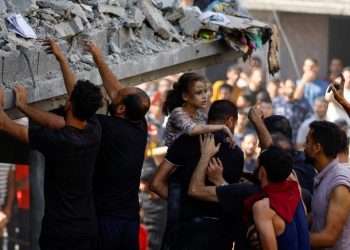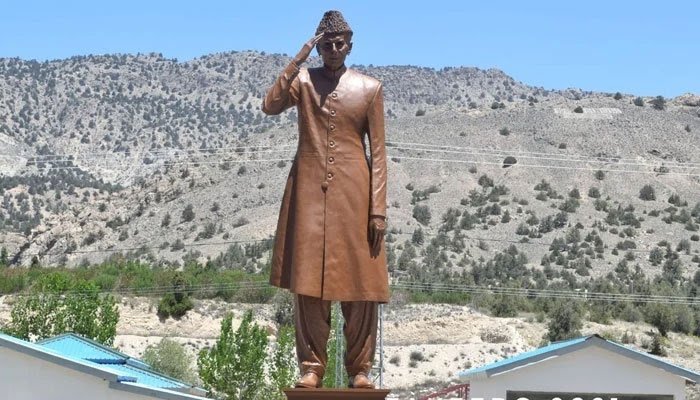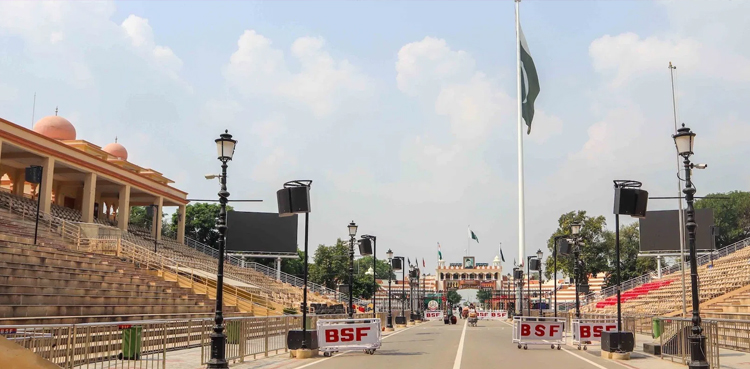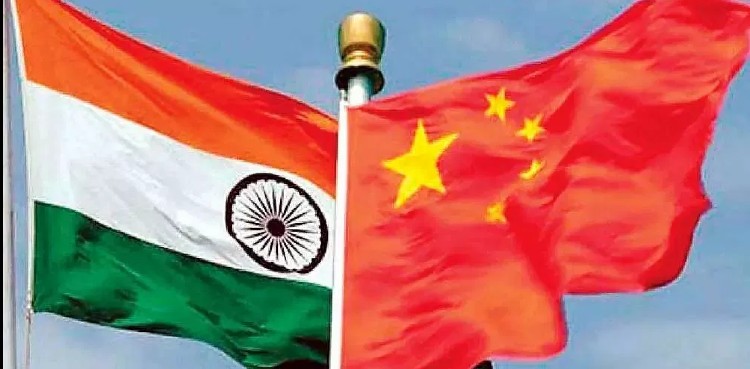Thousands of Palestinians rushed to the southern Gaza region in search of refuge following Israel’s warning to evacuate before an anticipated ground offensive against Hamas in response to the deadliest attack in Israel’s history.
Earlier, the United Nations had told Reuters about the Israeli military’s warning, which, as feared by Palestinians, could result in Israel’s planned ground offensive.
Israel’s call for evacuation came six days after Hamas militants breached the heavily fortified border around the Gaza Strip, resulting in more than 1,300 casualties, primarily civilians. This attack was likened to 9/11 in the United States.
Civilian toll and hostages
Nearly 1,800 Gazans, the majority of whom were civilians, including over 580 children, have been killed in waves of missile strikes on the densely populated enclave.
Hamas, recognized as a terrorist organization by the United States and Europe, took approximately 150 Israeli, foreign, and dual-national hostages back to Gaza during its initial attack.
The militant group claimed that 13 hostages had been killed in Israeli air strikes, with an additional four reportedly dead due to bombardments, which could complicate any Israeli ground offensive.
International response
Germany’s Foreign Minister Annalena Baerbock, during a visit to Jerusalem, accused Hamas of using residents as “shields.” Tensions escalated across the Middle East and beyond, with protests in support of the Palestinians, while Israel faced the threat of a potential confrontation with Hezbollah in Lebanon.
UN’s appeal and humanitarian crisis
The United Nations expressed concerns over Israel’s evacuation order, deeming it “impossible” to move approximately 1.1 million people, nearly half of Gaza’s population, in such a short timeframe.
Aid agencies warned that mass evacuations would strain resources due to the Israeli blockade, causing shortages of fuel, food, and water. Hospitals were overwhelmed with the dead and wounded, and the health system was already at a “breaking point.”
International call for action
Jordan’s King Abdullah II called for “humanitarian corridors” to be urgently opened, and various international leaders condemned the ongoing siege and called Israel’s evacuation order a “forced transfer” that constitutes a “crime.”
Hamas threats
Hamas threatened to kill captives if Israel bombed civilian targets without advance warning.
Potential second front
Israel faced the potential of a second front in the north, with Hezbollah in Lebanon stating it was “fully prepared” to join the war alongside Hamas. Cross-border fire raised concerns about regional stability.
US support
The United States sent additional munitions and its largest aircraft carrier to the region, with President Joe Biden warning other regional powers not to get involved. The Pentagon assured Israel of “iron-clad” US support.
Iran’s involvement
Iran, a long-time financial and military backer of Hamas, praised the attack but denied involvement. There were reports of an agreement between US and Qatari officials to prevent Iran from using a $6 billion humanitarian assistance fund following the Hamas attack.
The situation remains highly volatile, with a potential ground offensive by Israel and an escalation of conflict in the region.















































